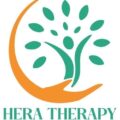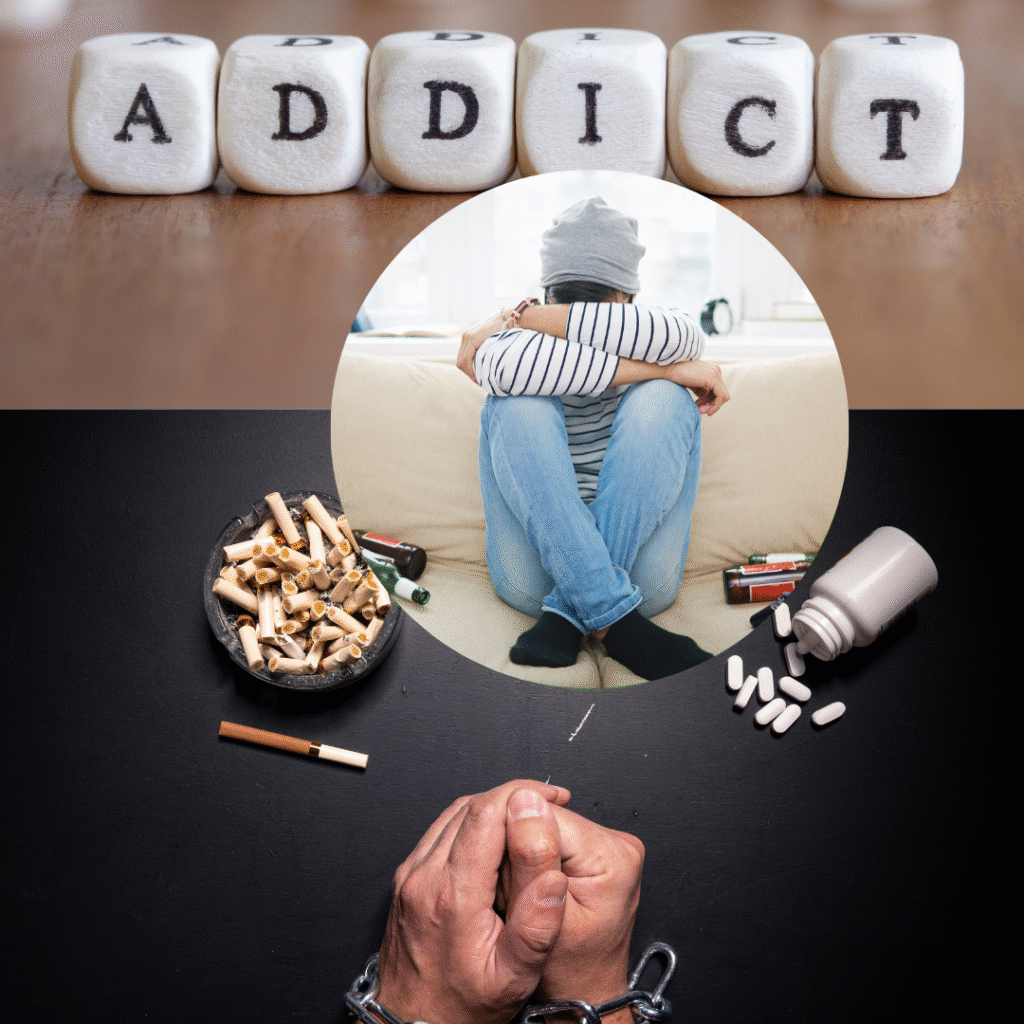Recognizing when a habit has turned into an addiction isn’t always easy. For many, what begins as a way to manage stress or unwind can slowly evolve into something that feels difficult to control. At Hera Therapy, we understand that acknowledging this possibility takes courage and it’s often the first step toward recovery.
This guide walks you through how to conduct an addiction self-assessment, helping you reflect honestly on your behaviors, identify early signs of dependency, and take meaningful steps toward healing.
Whether you’re concerned about substance use or behavioral patterns, this self-assessment can provide clarity and direction and remind you that professional support is always within reach.
Also Read: Best Bipolar Self Assessment Tool in Kenya
Understanding Addiction
Addiction is more than just frequent use of a substance or behavior; it’s a complex condition that affects the brain, emotions, and decision-making patterns.
It can take many forms, from substance addiction (such as alcohol, prescription medication, or drug use) to behavioral addiction (such as gambling, gaming, or social media).
At its core, addiction often develops as a way to cope with emotional pain, stress, or unresolved trauma. Over time, however, the temporary relief it offers can lead to dependency, where the behavior or substance begins to take control of one’s life. Recognizing this shift is key to understanding when help may be needed.
Common examples of addiction include:
- Alcohol or drug dependence
- Prescription medication misuse
- Gambling or betting
- Excessive internet or social media use
- Shopping or spending compulsions
- Work, exercise, or gaming taken to extremes
While the journey toward recovery is deeply personal, awareness is the first step. Understanding what addiction looks and feels like empowers you to take action before it escalates into a serious health and emotional concern.
Why a Self-Assessment Matters
Conducting a self-assessment can be an empowering first step in recognizing addictive behaviors. It provides an opportunity to pause, reflect, and evaluate your relationship with a substance or activity.
Many people delay seeking help because they’re unsure whether their habits “count” as addiction. A self-assessment bridges that gap offering insight into your patterns, thoughts, and emotions.
It’s not a diagnosis, but it helps you identify warning signs early and understand if professional support may be needed. A self-assessment also fosters self-awareness and honesty, two key foundations of sustainable recovery.
Signs You Might Need an Addiction Self-Assessment
You don’t have to hit “rock bottom” to reflect on your habits. If you’re unsure whether your behavior has become harmful, watch for the following signs:
- You find it difficult to control how often you use a substance or engage in a behavior.
- You experience cravings, withdrawal, or irritability when trying to stop.
- The habit has begun to affect your work, relationships, or health.
- You spend a lot of time thinking about, planning for, or recovering from it.
- You’ve tried to cut down but couldn’t.
- You feel guilt, shame, or secrecy around the behavior.
These are not signs of weakness, they’re signals that something in your life may be out of balance, and it’s time to pay attention.
How to Conduct an Addiction Self-Assessment
Taking a self-assessment is an act of courage and honesty. Here’s how to approach it effectively:
- Create a quiet, private space where you can reflect without distraction.
- Identify the behavior or substance that concerns you most.
- Use a structured tool such as Hera Therapy’s Addiction Self-Assessment Tool or well-known frameworks like the AUDIT (for alcohol) or DSM-5 criteria.
- Evaluate your patterns: How often does it happen? How intense are the urges? How does it affect your daily life?
- Observe emotional triggers: Do you turn to the habit when you’re anxious, sad, or lonely?
- Write down your observations to help reveal trends and triggers.
Example: Addiction Self-Assessment Questions
To guide your reflection, ask yourself:
- Do I use this behavior or substance to cope with emotions or stress?
- Have I tried to cut down but couldn’t?
- Has it affected my work, relationships, or finances?
- Do I feel restless or anxious when I can’t engage in it?
- Do I hide this behavior or lie about it?
- Have others expressed concern about my use or behavior?
If you answer “yes” to several of these, it might indicate that your relationship with the substance or activity is becoming unhealthy. That awareness is an important signal not of failure, but of readiness for change.
What to Do After Your Self-Assessment
Once you’ve completed your self-assessment:
- Reflect on your findings without judgment. Acknowledging the truth is a brave step.
- Reach out for professional support, such as counseling or therapy.
- Talk to someone you trust opening up breaks isolation and builds accountability.
- Join a support group or online community to connect with others in recovery.
- Make small lifestyle changes, such as limiting triggers, setting routines, or engaging in mindful practices.
How Hera Therapy Can Help
At Hera Therapy, we offer a confidential, and compassionate approach to addiction counseling in Kenya. Our licensed therapists work with you to understand the emotional, mental, and behavioral aspects of your experience, not just the symptoms.
Our services include:
- Personalized one-on-one therapy sessions tailored to your unique story.
- Group therapy for shared understanding and peer connection.
- Ongoing mental health support to help you rebuild resilience and balance.
To help you take the first step, Hera Therapy also provides an Addiction Self-Assessment Tool, a guided, private resource that helps you evaluate your habits and patterns with clarity.
If your self-assessment raises any concern, reach out to Hera Therapy today for professional addiction help. Healing doesn’t have to happen alone, we’re here to walk with you, one step at a time.
Finding Clarity and Taking the Next Step
Recognizing your relationship with a substance or behavior takes courage. An addiction self-assessment helps you spot early signs, reflect honestly, and understand when it’s time to seek help. It’s not about judgment, it’s about awareness and healing.
At Hera Therapy, we believe recovery begins with understanding yourself. Our team offers confidential, compassionate addiction counseling in Kenya, including personalized sessions, group therapy, and continuous mental health support. We also provide an Addiction Self-Assessment Tool to guide your reflection and help you take that first step.
Ready to begin your healing journey? Reach out to Hera Therapy today and start your recovery journey.


Your point of view caught my eye and was very interesting. Thanks. I have a question for you. https://accounts.binance.info/sk/register?ref=WKAGBF7Y
Can you be more specific about the content of your article? After reading it, I still have some doubts. Hope you can help me.
Your article helped me a lot, is there any more related content? Thanks!
Can you be more specific about the content of your article? After reading it, I still have some doubts. Hope you can help me. https://www.binance.info/register?ref=IHJUI7TF